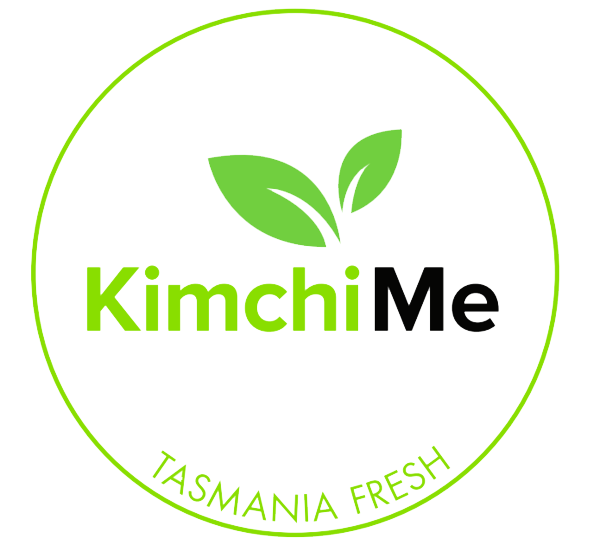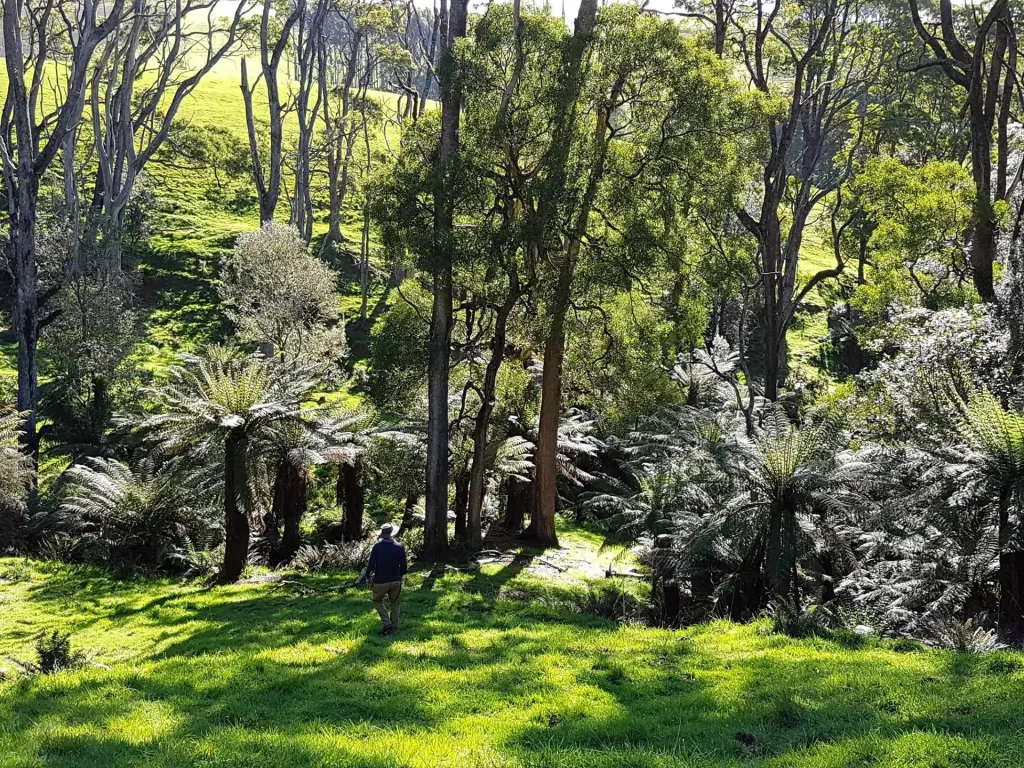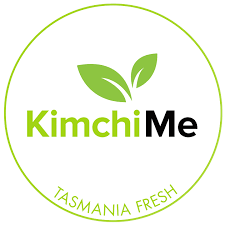
JADAM is an approach to sustainable and natural farming developed by Young-Sang Cho, rooted in the principles of organic agriculture. The term JADAM stands for “people that resemble nature,” emphasizing a low-cost, self-reliant method of farming that promotes environmental sustainability. Here are some key skills and practices involved in JADAM farming:
1. Natural Pesticides and Fungicides
JADAM focuses on using natural ingredients to create effective pesticides and fungicides. This involves:
2. Soil Fertility Management
Improving and maintaining soil health is crucial in JADAM farming:

3. Crop Management
Implementing practices to ensure healthy crop growth:
4. Water Management
Efficient use and conservation of water:
5. Animal Husbandry
Integrating animals into the farming system for mutual benefits:
6. Energy Management
Reducing dependency on external energy sources:
7. Community and Knowledge Sharing
Building a network of farmers to share knowledge and resources:
By adopting JADAM principles, farmers can create a more sustainable and self-sufficient farming system that respects natural processes and reduces reliance on chemical inputs.

A certified organic farmer as maker who is passionate fermented foods and grow veggies to make kimchi.